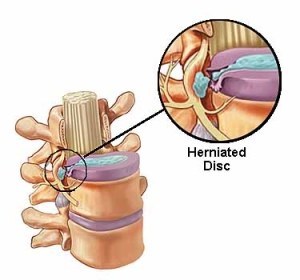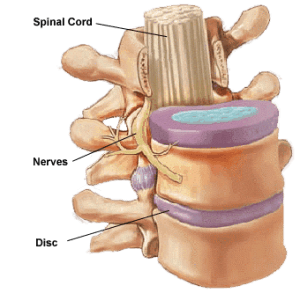Herniated Disc Treatment
Performed by the award winning doctors in Raleigh, North Carolina
A spinal disc herniation, commonly called a “slipped disc,” refers to a prolapse of inner disc material through the outer disc. Typically, this condition occurs when a tear in the tough, outermost layer of the disc (the annulus fibrosus) allows the soft, jellylike material within the disc (the nucleus pulposus) to bulge through the external wall of the disc.
At Wake Spine & Pain Specialists our goal is to relieve your pain and improve function to increase your quality of life.
Treatments for Herniated Discs are generally non-to minimally invasive and are conservative in nature.
Use the form on the right to request a call from our Patient Concierge Group.
Treatments for Herniated Discs are generally non-to minimally invasive and are conservative in nature.
Use the form on the right to request a call from our Patient Concierge Group.
Give us a call today at (919) 787-7246.
Causes of Disc Herniation

Tears in the annulus fibrosus may cause severe pain due to release of inflammatory chemical mediators. Pain may also arise when these tears permit nerves on the periphery of the disc to grow into the disc and become painful. Disc herniation may also cause pain when bulging disc material compresses adjacent structures such as the spinal cord and nerve roots.
Disc Herniation Treatments
Most disc herniations heal by themselves within a few weeks. However, a range of interventions are recommended to individuals whose disc herniations are painful. In general, pain management in disc herniation relies initially on conservative care, with more invasive procedures reserved as a last resort.



